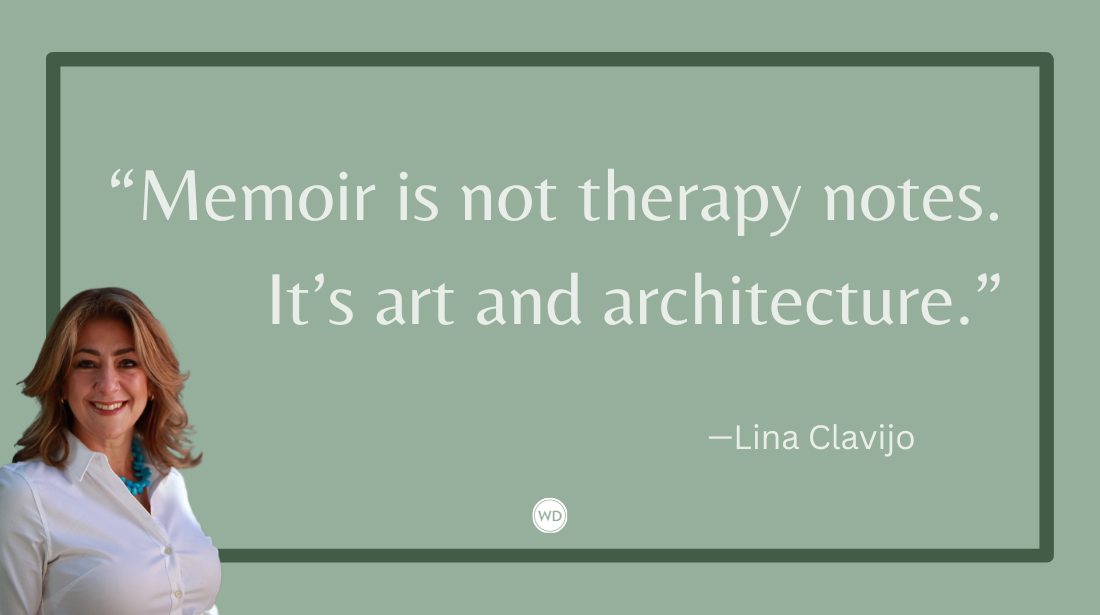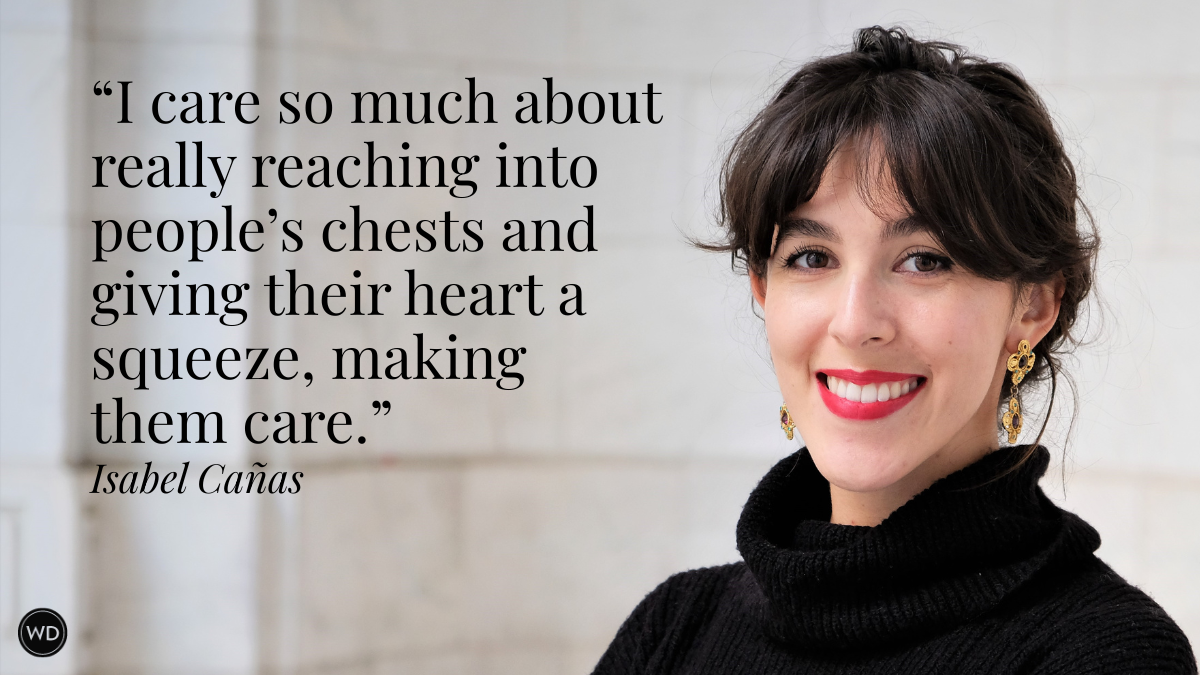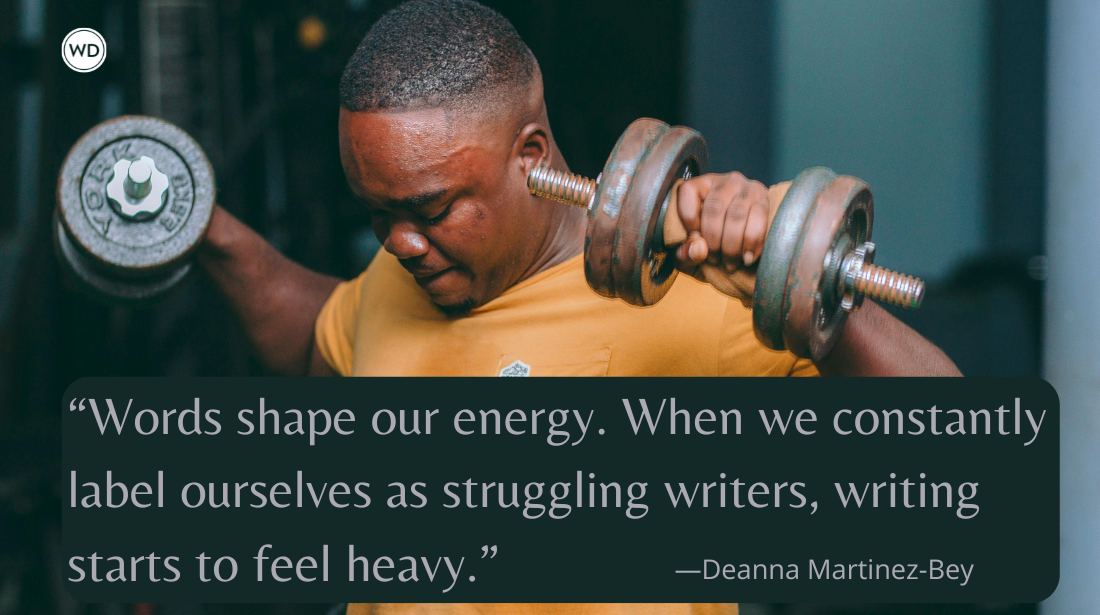Kristin Collier: Find Strong Readers Who Understand Your Voice and Vision
In this interview, author Kristin Collier discusses how writing an essay led to her new book, What Debt Demands.
Kristin Collier is a graduate of the University of Minnesota MFA program. She has been a recipient of Minnesota State Arts Board funding and a Yaddo artist residency. Her writing has been published with Fourth Genre and Longreads and was recently anthologized in Coffee House Press’s American Precariat. She is an organizer and high school English teacher, living in Minneapolis. Follow her on X (Twitter), Instagram, and Bluesky.
In this interview, Kristin discusses how writing an essay led to her new book, What Debt Demands, her hope for readers, and more.
Name: Kristin Collier
Literary agent: Sarah Fuentes from UTA
Book title: What Debt Demands: Family, Betrayal, and Precarity in a Broken System
Publisher: Grand Central Publishing
Release date: November 18, 2025
Genre/category: Nonfiction
Elevator pitch: What Debt Demands follows my journey navigating my own devastating student debt burden—hundreds of thousands of dollars taken out fraudulently by a family member in my name—alongside my growing awareness of how debt shapes our physical, interior, and social worlds.
What prompted you to write this book?
I spent all of my 20s and a portion of my 30s arguing with debt collectors and trying to find relief within a lending system hostile to student borrowers. This was, essentially, the start of my research process for this book, though I didn’t see it as that yet; I was just trying to survive. As I began to learn more about how this theft was possible and how it fit into the larger lending history, I realized that other people might be as interested in this subject as I was. So, I tried writing an essay about my debt—which was an enormous challenge!—to see what that would feel like, and the essay seemed to really connect with people. Sarah, my now-agent, reached out after reading it and asked if I had thought about writing a book, which I had.
How long did it take to go from idea to publication? And did the idea change during the process?
That’s a hard question to answer because as I noted, I was doing research for a very long time simply by attempting to pay or refute my student loan bills. So, you might say that the book took me15 years to write. But the most concentrated research and reporting occurred over the three years I wrote a book proposal, drafted the book, and then revised the book. The core of the idea—that I would try to understand my debt and how it shaped my relationship to myself, my family, and the world—was always there, but I experimented with how much history and contemporary reporting I would weave into the narrative.
I often worried that there would be too much memoir for people who wanted something more historical and journalistic, and too much research for the people who were interested in memoir. I still think that may be true, but I hope the inclusion of both will illustrate that while my story may, on the surface, seem startling or unique, it’s ultimately both a symptom of and the conclusion of a system built on inequality and predation.
In addition to trying to figure out how much personal narrative and research to include, I also wrestled with how to put these threads in conversation with one another within the same chapter, ultimately writing a few different drafts before landing on the book’s final form, which relies on each chapter finding a thematic center that the memoir and the research can work toward.
Were there any surprises or learning moments in the publishing process for this title?
Before publishing the book, I had been a high school educator for 15 years and was on the older end of debut authors, and though I read widely and had gotten an MFA, I felt somewhat outside the literary world, which is to say, I guess, that this entire experience felt like a huge and extended surprise! I was lucky enough to have more than one press interested in the proposal, and figuring out which press and editor to work with was a bit like going on a series of speed dates before deciding whom to marry. Maddie Caldwell, my editor, really understood the project for what I wanted it to be while also pushing me to be more ambitious. In our initial conversation she spoke insightfully and with humor, something hard to pull off in a book about student loan debt. Both of us had to have a lot of trust; she had to believe that I was capable of writing the book I claimed I was, and I had to believe that she would help me get there. I think our trust was well placed!
Were there any surprises in the writing process for this book?
This is the first book I’ve written. Finishing it felt similar, though on a much larger scale, to completing an essay, which has always felt a bit methodical and mathematical while also feeling mysterious and magical. The draft wasn’t working and wasn’t working and wasn’t working, and I kept experimenting with it and getting feedback from friends and my agent and editor, and then all of a sudden something legible and interesting began to take shape. For me, writing can feel so messy and iterative and layered that I often don’t believe the process will result in what I want it to. And, sometimes it doesn’t! In this case, I think and hope it did.
What do you hope readers will get out of your book?
I hope readers with student loans will read it and feel understood, less alone, and if they have shame, less ashamed. And I hope readers without debt will have a more complete and nuanced understanding of indebtedness. I hope all readers will understand our system as more than flawed, but predatory, and believe that we should be fighting for a higher education system that works for everyone, one in which public education is free.
If you could share one piece of advice with other writers, what would it be?
Find strong readers who understand your voice and vision and who will give you rigorous feedback. For me, there’s no greater gift than someone generously lending me their time to read and comment on my work. And offer that to other writers as well.








